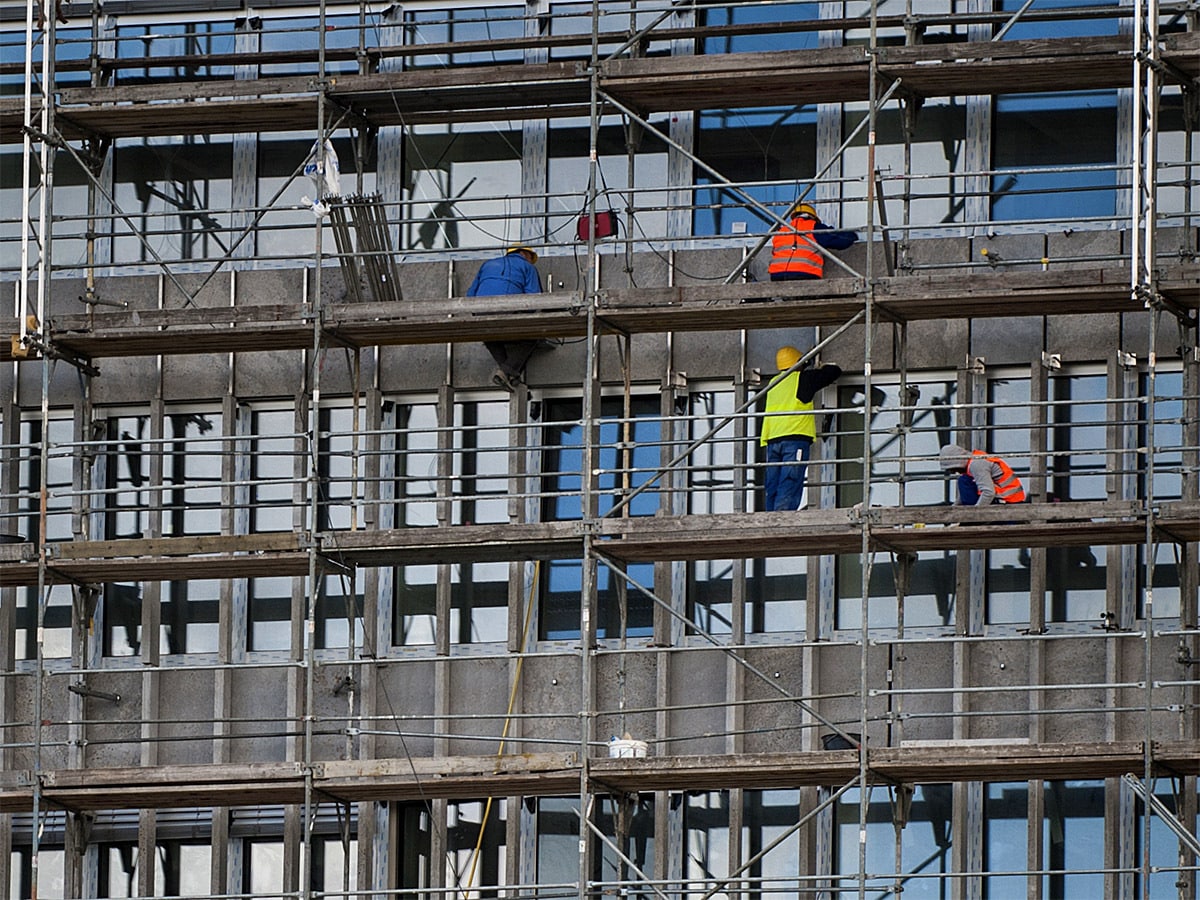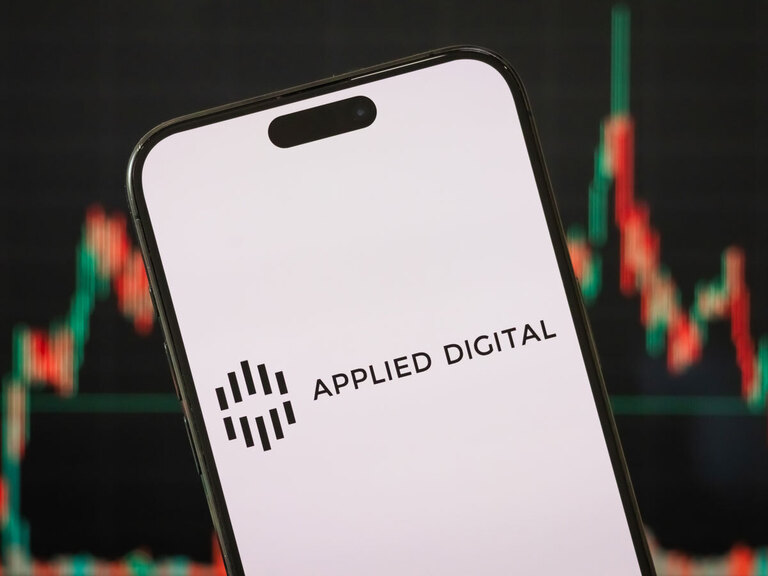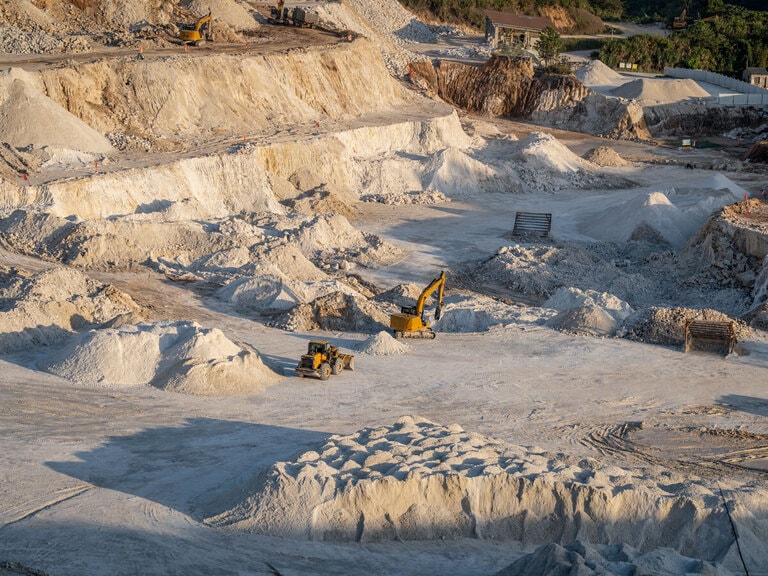Fears over the beleaguered property developer Evergrande Group [3333.HK] share price defaulting spooked global markets at the start of last week on 20 September. The situation has been likened to the Lehman Brothers crisis.
The Evergrande share price dropped to a 52-week low of HK$2.06 on 20 September, 89.9% below its 52-week high of HK$20.3 set on 9 October 2020. The Evergrande share price is down 83% year to date.
Following an agreement with Chinese bond holders late on 22 September, the Evergrande share price climbed more than 17.6% the next day to HK$2.67 at the close, clawing back most of its losses made earlier in the week. Since 22 September, the stock has climbed 3.5% over the past five days and is also up 14.6% from its 52-week low.
The MSCI China Real Estate ETF [CHIR] – Evergrande accounts for 0.69% of its assets – saw similar price movements, falling to a 52-week low on 20 September before recovering on 23 September. The fund has returned a loss of 19.72% year to date.
In other news, on 23 September, Evergrande’s second-biggest shareholder Chinese Estates [0127.HK] indicated that it might dump its stake, sending its share price up more than 5.5%.
What might the wider impact of an Evergrande collapse be?
If Evergrande were to default, then it would be a significant headwind for the property sector. And this could have a knock-on effect on companies importing to China. The Australian Strategic Policy Institute has warned that demand for Australia's iron ore could weaken – its research argued that the commodity could be used as a political pawn.
Though any collapse could also be a near-term drag on other sectors and stock exchanges outside China and Hong Kong, how they react will depend on other factors, including the US Federal Reserve lifting interest rates and tapering bond buying.
Is liquidation more likely than a restructuring?
In what is a fast-moving and ever-changing situation, Evergrande agreed to settle interest payments for an estimated CNY232m on domestic bonds on 22 September.
There was also an $83.5m coupon due on 23 September with a 30-day grace period, but at the time of writing, no payment had been made.
After the Hong Kong market closed on 23 September, the Chinese government instructed Evergrande to complete unfinished projects, repay individual investors and avoid a near-term default on dollar bonds, as first reported by Bloomberg Law.
No indication was given as to whether the government would be willing to step in and help, but experts believe it’s in China’s best interests to not let it collapse.
According to Larry Hu, chief China economist at Macquarie, China’s regulators will likely step in and help. However, it’ll have to time it right to prevent excessive risk-taking while ensuring that the property sector remains stabilised, wrote Hu in a report seen by CNBC.
In a note to clients seen by MarketWatch, UBS analyst Kamil Amin wrote that any market spillovers depend on whether Evergrande restructures or fully liquidates, though he’s confident it’ll be the former.
Tom Essaye, the founder of Sevens Report Research, wrote in his note to clients that there “really isn’t global contagion risk with Evergrande because in the end, and as far as we know, the loans to Evergrande were made by Chinese banks that are implicitly backstopped by the Chinese government”. The government’s balance sheet should be able to “handle the losses” (of around £300bn) of Evergrande, said Essaye.
Even the Fed chairman Jerome Powell has chimed in, arguing that Evergrande’s problems are particular to China. The only worry is how the situation will affect global confidence.
Many analysts are also in agreement that the Evergrande crisis isn’t a Lehman Brothers moment for one key reason: Lehman Brothers held financial assets, and Evergrande holds land.
How is the Evergrande crisis affecting cryptocurrencies?
The longer the crisis goes on, however, the more the cryptocurrency market will be dragged down. As Jim Cramer, the host of CNBC’sMad Money programme, explained, one of the largest cryptocurrencies is tether, a stablecoin that is backed by various holdings, including commercial paper.
Although tether’s issuers have come out and said it has never held any commercial paper or any debt issued to Evergrande, Cramer fears many Chinese businesses will get “crushed by this fiasco, and that could spell real trouble [for cryptocurrencies] if the dominoes fall here”.
What next?
Despite its domestic debt deal assuaging immediate fears of a collapse, all eyes will be on if and when Evergrande decides to repay some of its dollar coupon. Investors will also be paying close attention to if and when the government steps in and in what form the support will come.
Until these things become clearer, the markets could remain jittery.
Disclaimer Past performance is not a reliable indicator of future results.
CMC Markets is an execution-only service provider. The material (whether or not it states any opinions) is for general information purposes only, and does not take into account your personal circumstances or objectives. Nothing in this material is (or should be considered to be) financial, investment or other advice on which reliance should be placed. No opinion given in the material constitutes a recommendation by CMC Markets or the author that any particular investment, security, transaction or investment strategy is suitable for any specific person.
The material has not been prepared in accordance with legal requirements designed to promote the independence of investment research. Although we are not specifically prevented from dealing before providing this material, we do not seek to take advantage of the material prior to its dissemination.
CMC Markets does not endorse or offer opinion on the trading strategies used by the author. Their trading strategies do not guarantee any return and CMC Markets shall not be held responsible for any loss that you may incur, either directly or indirectly, arising from any investment based on any information contained herein.
*Tax treatment depends on individual circumstances and can change or may differ in a jurisdiction other than the UK.
Continue reading for FREE
- Includes free newsletter updates, unsubscribe anytime. Privacy policy





